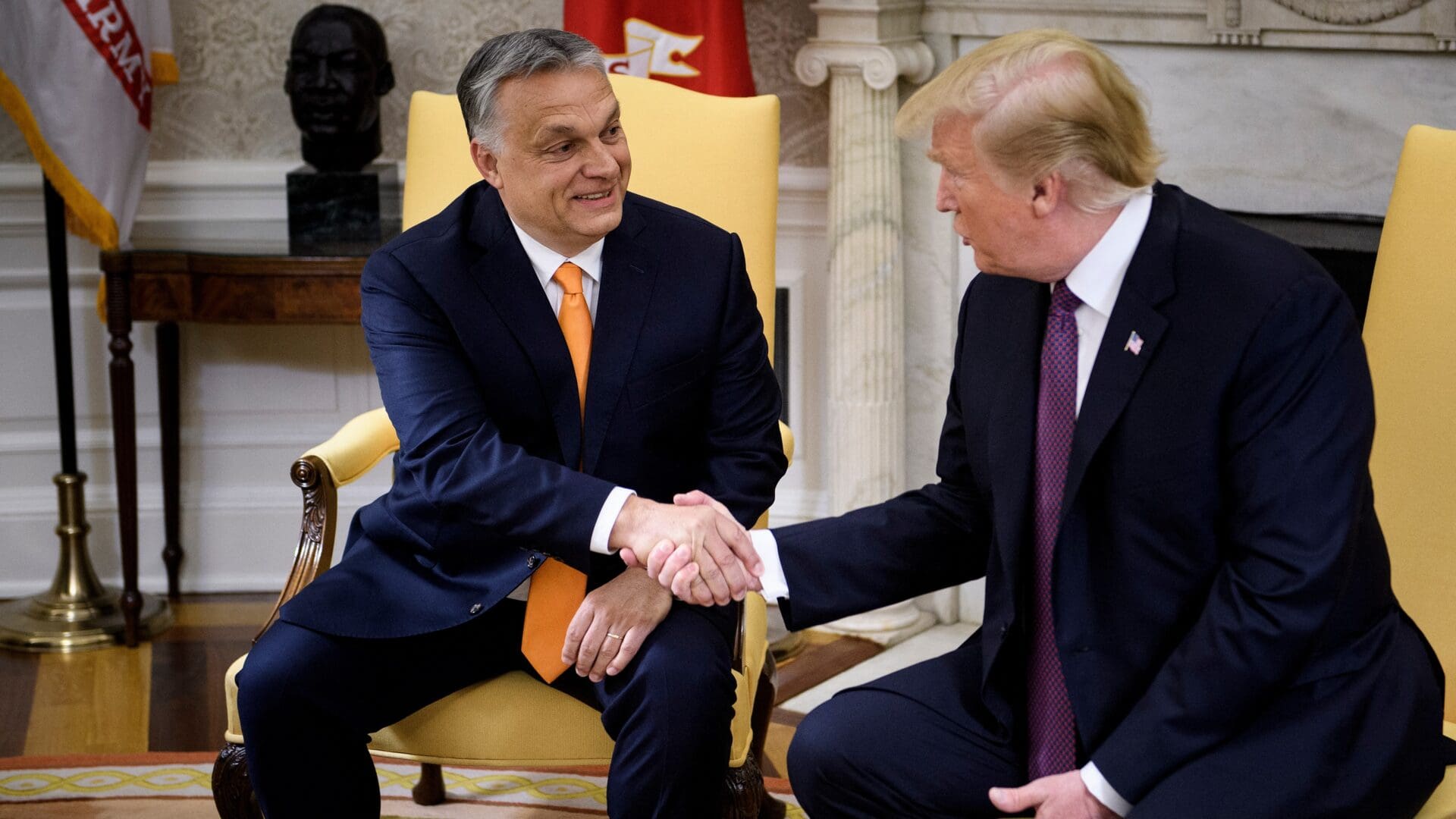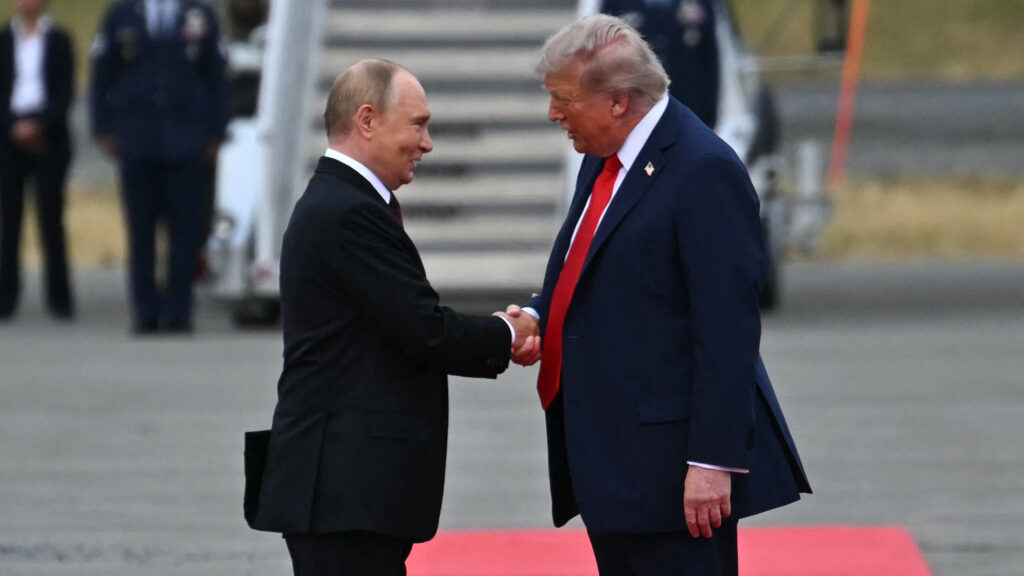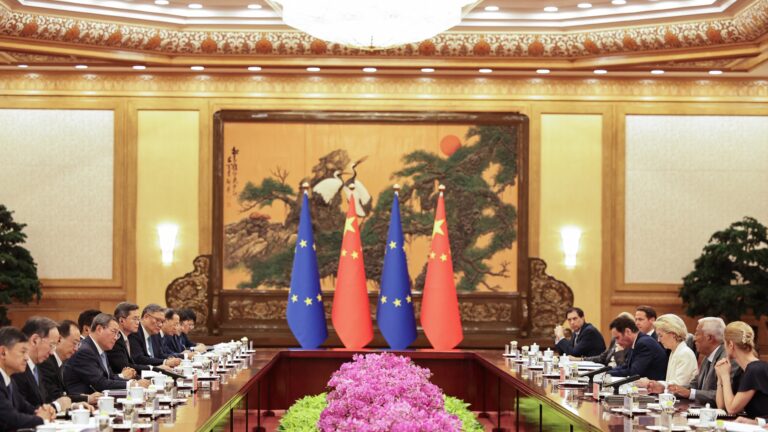Former US President Donald Trump has secured a decisive victory in the first Republican primary in Iowa, as Hungarian Conservative has also reported. With 99 per cent of the votes processed, Trump leads with 51 per cent, a margin of 30 percentage points over the runner-up, Florida Governor Ron DeSantis.
‘A long expected victory,’ Viktor Orbán congratulated the former President on X.
Orbán Viktor on Twitter: “A long expected victory! 👏https://t.co/L9lP5Aoyuc / Twitter”
A long expected victory! 👏https://t.co/L9lP5Aoyuc
The congratulation did not come as a surprise. Not only have the Hungarian prime minister and Trump enjoyed an excellent relationship during the latter’s term in office, but the former President has also repeatedly mentioned Viktor Orbán positively in his recent campaign speeches. In remarks in Iowa, for instance, Trump referred to the Hungarian prime minister as ‘the most respected, strongest leader in Europe.’
Shannon Ford on Twitter: “President Trump in Fort Dodge, IowaThey asked Viktor Orbán, what would you tell President Biden to do? He said he would tell Biden to leave office, and bring Trump back.The world is a mess, our country’s a mess.We never had a time like when Biden surrendered in Afghanistan. pic.twitter.com/CJBZotuPqD / Twitter”
President Trump in Fort Dodge, IowaThey asked Viktor Orbán, what would you tell President Biden to do? He said he would tell Biden to leave office, and bring Trump back.The world is a mess, our country’s a mess.We never had a time like when Biden surrendered in Afghanistan. pic.twitter.com/CJBZotuPqD
Viktor Orbán has also praised Donald Trump on several occasions in recent years. Last August, during an interview with the American right-wing opinion leader and former Fox host Tucker Carlson, he said: ‘Trump is the man who can save the Western world.’
The European left, however, does not share the Hungarian prime minister’s view.
In recent days, left-liberal mouthpieces such as POLITICO and The Guardian have published numerous articles about the former US President’s possible election victory and its
‘unforeseeable and damaging’ consequences for Europe.
What the European left fears is that, as he did during his first presidency, Trump would prioritize the interests of the American people over globalist aspirations—a move that should be fundamental for any American president. During his term, the former Republican President, true to his election promise, began to reduce US interventions abroad. He laid the groundwork for the—disastrously executed—withdrawal from Afghanistan, pulled out troops from the Middle East, and made it clear for European NATO member states that they should, too, be responsible for their own safety and security, rather than rely solely on the protective umbrella of the United States.
It follows directly from his track record as a President that, as he has repeatedly stated, Trump would drastically reduce US military and financial aid to Ukraine if he returned to the White House. The former President has also emphasized multiple times that he would end the war and bring the parties to the negotiating table within 24 hours.
Indeed, this is a very concerning scenario for the pro-war European left.
No wonder Trump immediately came under fire from various European officials and leaders. ‘If we are to draw lessons from history, looking at the way he ran the first four years of his mandate, it's clearly a threat,’ said Christine Lagarde, President of the European Central Bank, last week.
‘An overhaul of the administrative state would risk turning America into an illiberal democracy—that could redefine its relationship with the world,’ Majda Ruge of the European Council on Foreign Relations stated to POLITICO.
Giving an account of the events in accordance with the long-standing left-wing narrative, Belgian Prime Minister Alexander de Croo declared to the European Parliament that the November US presidential election will be a ‘test of the foundations of democracy’.
At almost the same time, POLITICO and CNN published articles on how Europe can prepare for a second Trump presidency. The conclusions they came to are very similar: Europe needs to step up financial and military support to Ukraine and develop defence mechanisms to protect Europe's economy in the event of a possible US–European trade war.
Fearing another Trump presidency, the left would abolish the principle of unanimity in the European Union's decision-making mechanism, preventing smaller member states from representing their interests.
Looking at the above-mentioned articles, statements, and opinions, we can conclude that the greatest concern of the European left is that the US will ‘let go' of and pay less attention to its old ally. From a left-wing perspective, this is indeed the worst possible scenario.
The vast majority of European leaders have in fact
become accustomed to representing American interests rather than their own constituents.
Perhaps the best example of this is the sanctions against Russia in response to the war in Ukraine, which have weakened both Russia and Europe but have benefited the US enormously.
However, looking at Trump's possible next presidency through a nationalist, right-wing lens, it is clear that the situation is not as dire as left-wing media outlets and EU leaders are trying to make it out to be. In reality, a Trump presidency would create an opportunity for realizing the much touted ‘European strategic autonomy.’ This could be done under a US administration that does not want to interfere in European affairs all the time.
Also, as opposed to European politicians, the US business community is optimistic about a potential Trump presidency. The reason is simple: despite the President having been prone to make unexpected and unusual statements, during his tenure, measures were implemented that prioritized American interests in the trade, technology, and business sectors.
Last but not least, and most importantly for Hungary,
the relationship between Budapest and Washington would most probably improve dramatically
following a Donald Trump victory.
During Joe Biden's presidency, the US government has, among other things, imposed sanctions on the Hungarian vice-president of the International Investment Bank, and the Democrats' ambassador to Hungary, David Pressman incessantly interferes in Hungary's internal affairs, in a hectoring manner. This would have been unthinkable under Trump, and it will be unthinkable again—if the American people decide to elect him their President.
Related articles:







